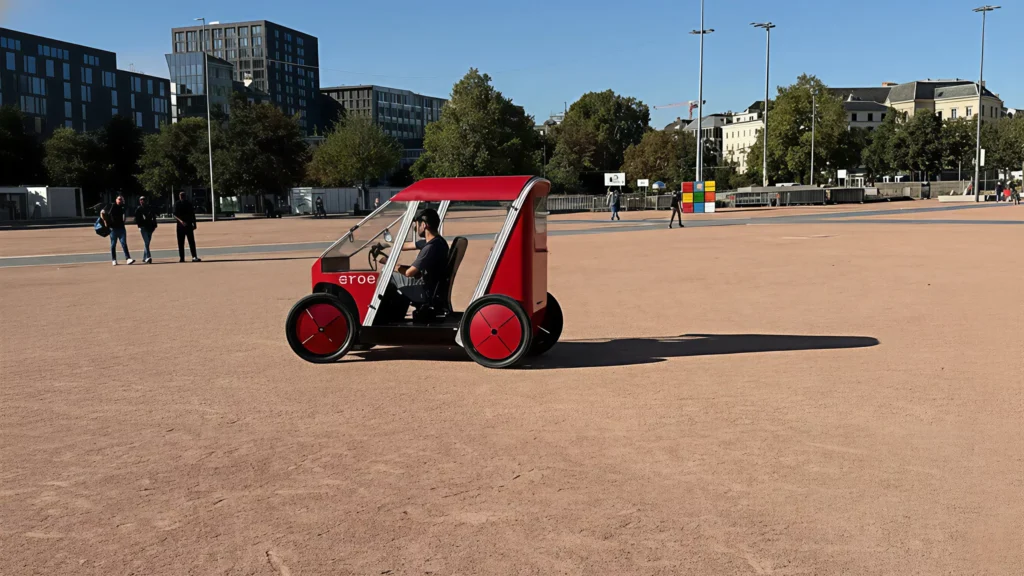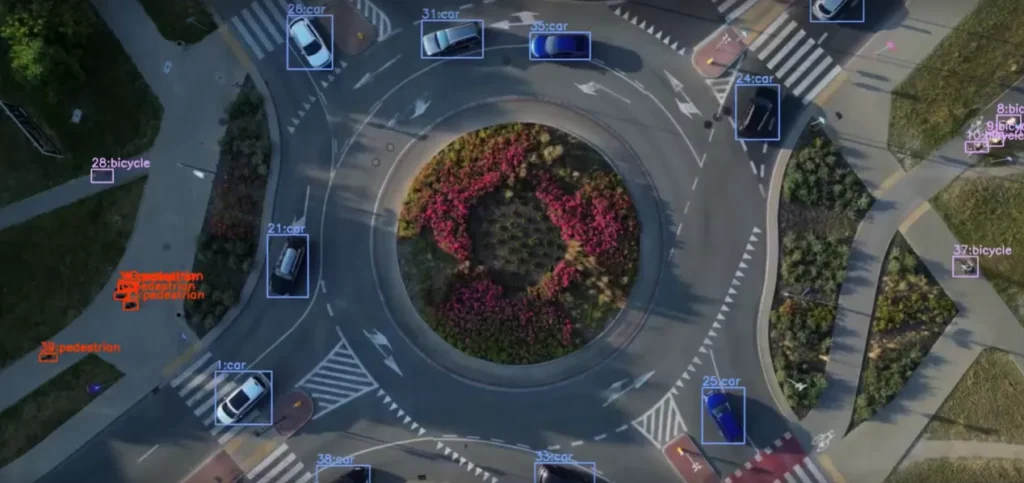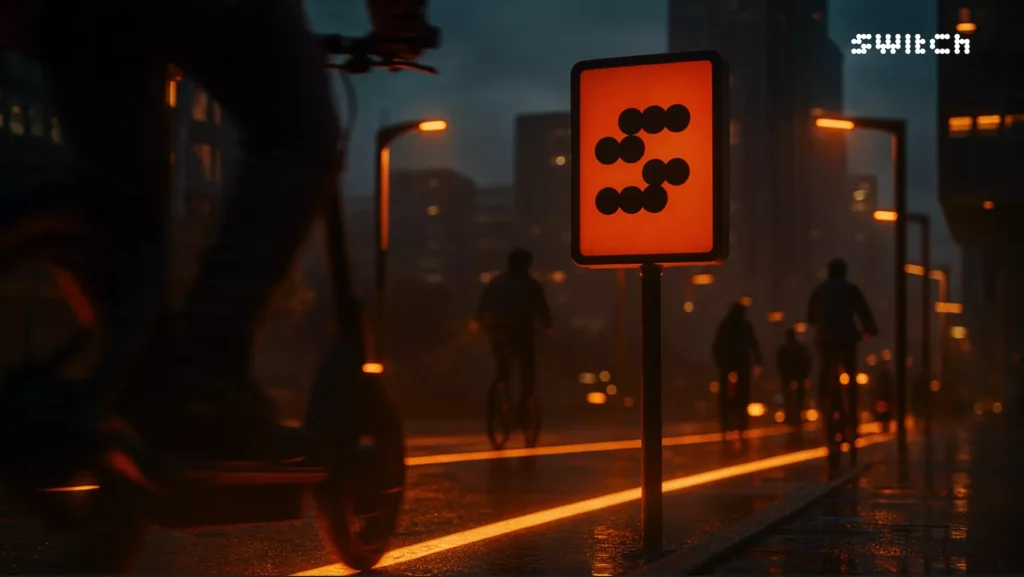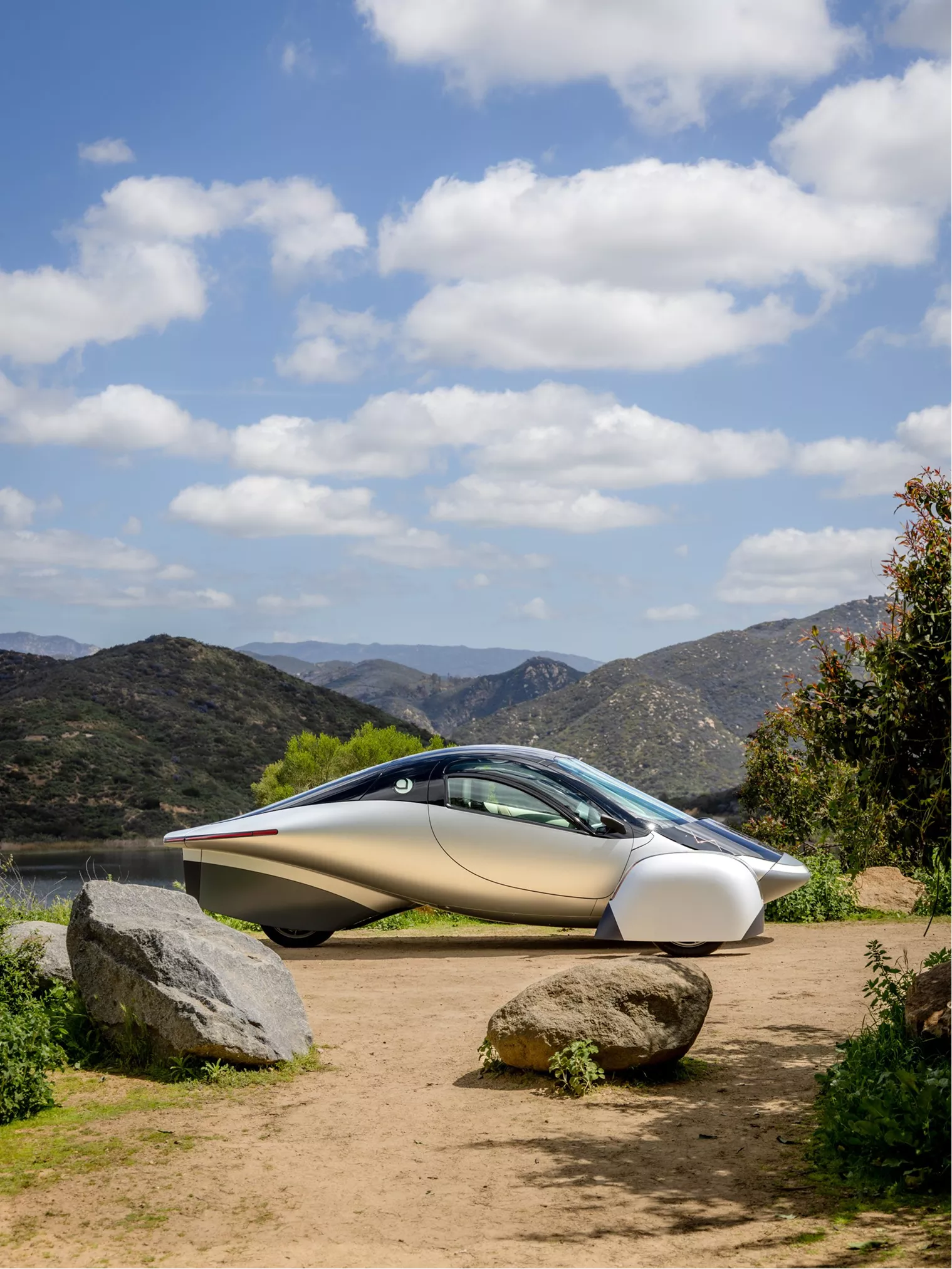






From EVs and batteries to autonomous vehicles and urban transport, we cover what actually matters. Delivered to your inbox weekly.
Joby Aviation, a U.S. company developing electric vertical take-off and landing (eVTOL) aircraft for commercial use, has received a $250 million investment from Toyota Motor Corporation. The funding represents the first half of a $500 million strategic agreement between the two firms and strengthens Toyota’s role as Joby’s largest shareholder, now holding a 15.3% stake.
Founded in 2009, Joby is one of several companies racing to commercialize electric air taxis. Its five-seat aircraft is designed for piloted urban flights and is currently progressing through FAA certification. The latest funding signals continued alignment between Joby and Toyota as they push forward on electric mobility in the air, not just on the ground.
This isn’t Toyota’s first move into the eVTOL space. The company has been a key backer of Joby since 2020, when it led a $394 million investment round. Since then, Toyota engineers have been integrated into Joby’s production teams, contributing to manufacturing processes at Joby’s pilot production facility in Marina, California.
With the new $250 million tranche, Toyota has now invested over $720 million in Joby, by far the most of any external partner.
The funding is expected to support Joby’s next phases of growth, including:
The company’s near-term goal remains the same: begin commercial operations in 2025.
Joby’s pilot production line in Marina is currently producing aircraft that will be used for both FAA testing and early commercial flights. The company also plans to build a scaled production facility in Dayton, Ohio, an area with strong ties to U.S. aerospace history.
On the regulatory side, Joby is one of the most advanced companies in the FAA’s type certification process. As of early 2025, it has completed several key stages, including systems reviews and flight testing.
While several eVTOL firms have announced prototype milestones, few have the capital and manufacturing infrastructure of Joby. Competitors like Archer Aviation, Beta Technologies, and Lilium are all racing toward certification, but Joby’s Toyota-backed funding and government partnerships give it a clear advantage in the final stretch.
The investment reflects Toyota’s broader view of mobility, beyond cars, into vertical transport. It also gives Joby runway to enter service with a credible supply chain, established manufacturing support, and access to one of the world’s largest vehicle engineering organizations.
With $250 million now secured and another $250 million on the table, Joby has the resources to finish what it started: launching an electric air taxi service in the U.S. within the next 12–18 months.